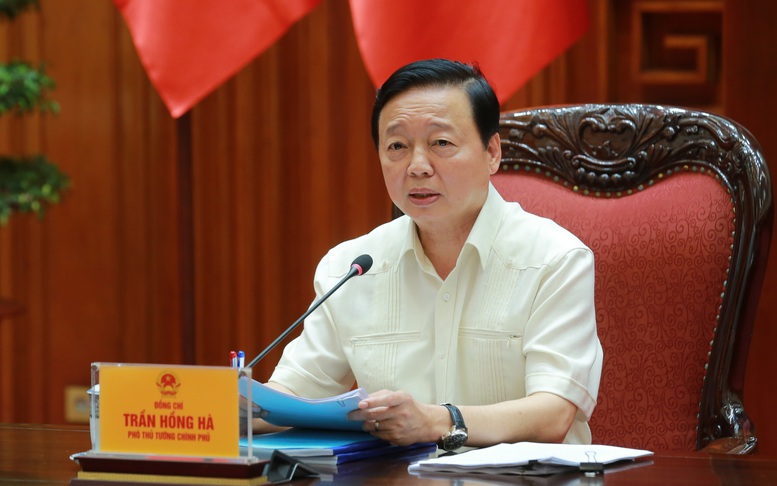
Deputy Prime Minister Tran Hong Ha chaired a meeting to listen to a report on receiving opinions from Government members on the Draft Law amending and supplementing a number of articles of the 2024 Land Law - Photo: VGP/Minh Khoi
The Deputy Prime Minister requested leaders of ministries, branches, associations, etc. to focus on analyzing and discussing the urgent contents that need to be amended in the 2024 Land Law, which are causing difficulties and hindering socio -economic development; and resolving the shortcomings when applying the market-based land price list, which causes the land use fee to increase for households and individuals changing land use purposes (from agricultural land to residential land, or giving it to children), causing difficulties for people.
Clear regulations ensure consistency in implementation
Reporting at the meeting, Acting Minister of Agriculture and Environment Tran Duc Thang said that the Draft Law focuses on 3 groups of contents.
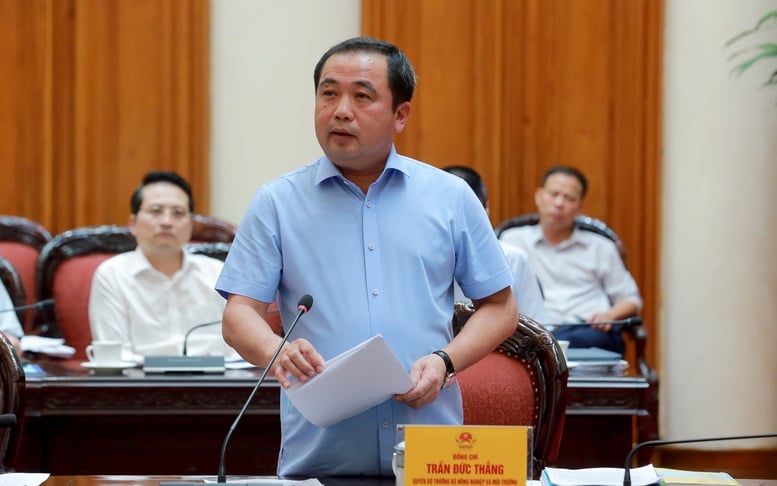
Acting Minister of Agriculture and Environment Tran Duc Thang said that the Draft Law focuses on three groups of contents - Photo: VGP/Minh Khoi
Group 1 is the contents stated in the Conclusion of the Central Executive Committee on amending and supplementing Resolution 18-NQ/TW on "Continuing to innovate and perfect institutions and policies, improving the effectiveness and efficiency of land management and use, creating momentum to turn our country into a high-income developed country", including: Land use planning and plans; land recovery, compensation, support, resettlement when the State recovers land; land allocation, land lease, permission to change land use purposes; land finance, land prices; on perfecting the national land information system and land database.
Group 2 includes amendments and supplements aimed at further simplifying administrative procedures, reducing investment and business conditions; synchronizing the legal system and continuing to remove difficulties and obstacles in the process of implementing the Law.
Group 3 includes amendments related to decentralization, delegation of power, and determination of authority to implement two-level local government.
After receiving the opinions of Government members and the opinions at the Government's special session on law-making on September 4, 2025, the Ministry of Agriculture and Environment has revised the following major contents: Commune-level land use plan; supplementing cases where the State recovers land for socio-economic development for national and public interests, or cases where land is used to implement projects through agreements on receiving land use rights; land allocation, land lease through auctions, bidding, mortgage rights of assets on land during the period of annual land rent payment; implementing socio-economic development projects through agreements on receiving land use rights or having land use rights; calculating infrastructure construction costs into land prices, authority to decide on land price lists and amend and supplement land price lists; supplementing land use regimes for concentrated digital technology zones.
Proposal to narrow the scope of State land acquisition and expand the negotiation mechanism
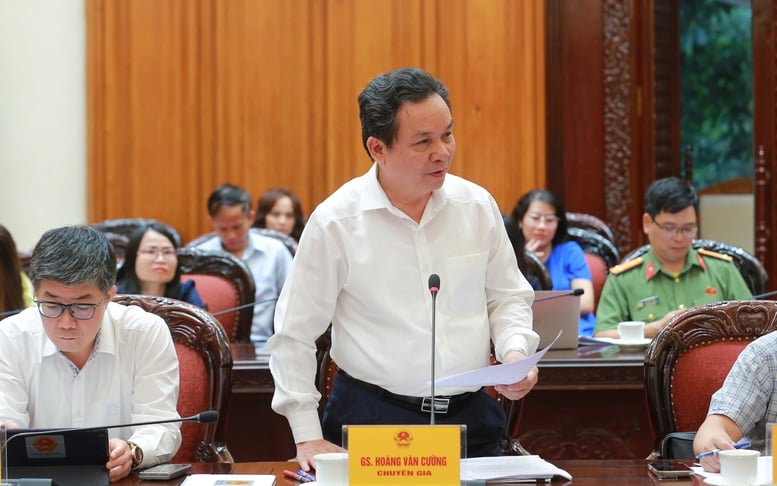
Prof. Hoang Van Cuong, former Vice President of National Economics University, spoke at the meeting - Photo: VGP/Minh Khoi
At the meeting, Prof. Hoang Van Cuong, former Vice President of the National Economics University, proposed to narrow the scope of land acquisition by the State, only applying it to public, defense, and security purposes. For commercial and service projects, he said that businesses and people should negotiate on their own, and only in special cases when the majority of households (75-80%) have agreed should compulsory acquisition be carried out.
Many opinions also believe that it is necessary to clearly distinguish between auction and bidding when allocating and leasing land: auction only applies to land with stable infrastructure and planning; bidding aims to select investors with the best capacity and development plan, not just based on price.
Regarding the land price list, delegates agreed to maintain the 5-year cycle, and at the same time add an annual adjustment mechanism using a coefficient, or rebuild a new price list if there are large fluctuations, to closely reflect reality, reduce overlap, and save resources.
Regarding the policy of exemption and reduction of land use fees, there should be an appropriate support mechanism, especially for households that legally use land but have not yet been granted a certificate, to avoid disadvantages when applying the new price list.
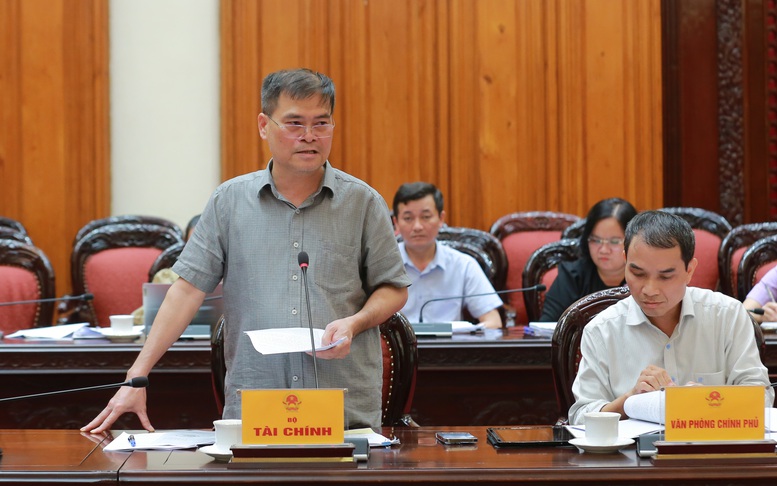
Deputy Minister of Finance Bui Van Khang said that the Ministry is drafting a document to remove obstacles regarding financial obligations when households and individuals change the purpose of land from agricultural land to residential land - Photo: VGP/Minh Khoi
Notably, Deputy Minister of Finance Bui Van Khang said that the Ministry is drafting a document to remove obstacles regarding financial obligations when households and individuals change the purpose from agricultural land to residential land. Accordingly, there will be specific regulations for each case within and outside the limit, and the number of times to enjoy incentives.
The Ministry of Finance also proposed to supplement clear regulations on exemption and reduction of land use fees and land rent for enterprises, or assign the Government to decide annually and report to the National Assembly, ensuring transparency and stability for production and business activities.
Tight design, flexible, easy to implement
Concluding the meeting, Deputy Prime Minister Tran Hong Ha emphasized the need to complete the Draft Law on Land (amended) in a strict and transparent manner, while creating favorable conditions for management and practical implementation.
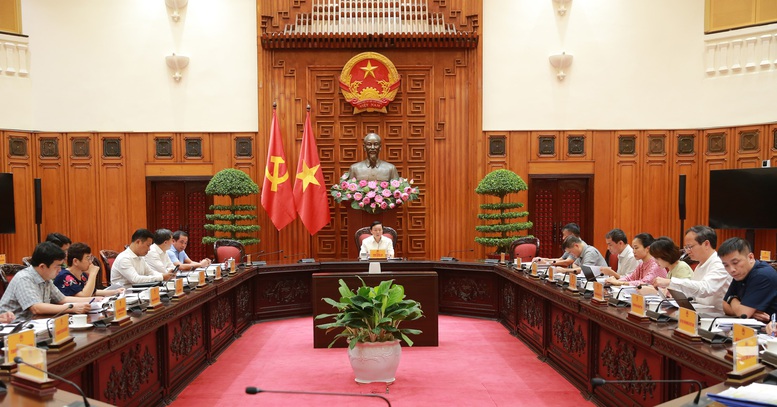
Deputy Prime Minister Tran Hong Ha emphasized the need to complete the Draft Land Law (amended) in a strict and transparent manner, while creating favorable conditions for management and practical implementation - Photo: VGP/Minh Khoi
Regarding planning and land use plans at the commune level, the Deputy Prime Minister agreed with the proposal of the Ministry of Agriculture and Environment that there should be no land use plans at the commune level, while land use plans at the commune level should be closely linked with urban and rural planning to ensure spatial efficiency.
Regarding the additional regulations on cases where the State reclaims land for socio-economic development for national and public interests, the Deputy Prime Minister stated: National defense and security projects, free trade zones, and international financial centers under the authority of the Prime Minister and the State will be reclaimed, while social infrastructure projects such as social housing, education, healthcare, etc. need specific regulations. In addition, the Ministry of Agriculture and Environment needs to study regulations assigning the Prime Minister to approve land reclamation decisions in special cases.
The Deputy Prime Minister requested a clear distinction between land acquisition for project implementation through agreements on land use rights under civil law and the State's land acquisition mechanism under its own policy. For projects subject to State acquisition but investors have reached agreements with the majority of households (70-80%), it is possible to consider allowing them to continue following the agreement mechanism between investors and people, instead of forcing the State to take over the acquisition, provided that it does not violate Resolution No. 18-NQ/TW.
Commenting that there are currently no clear criteria for auctions and bidding, the Deputy Prime Minister said that auctions are applied to public land that has been cleared, has detailed planning, and has infrastructure; while bidding is suitable for areas without synchronous infrastructure, requiring large investments for development, "if the law cannot provide detailed regulations, the Government can provide guidance". Land use rights auctions need to be linked to detailed planning, not just zoning planning, to ensure transparency and feasibility.
Regarding land use rights, the Deputy Prime Minister affirmed that enterprises can choose to pay land rent in one lump sum or annually; if paying land rent in one lump sum, the land lessee can mortgage the property attached to the land, while the pilot regulations on mortgaging property attached to land to pay land rent annually "will only be included in the law after a full summary".
Regarding land price determination, the Deputy Prime Minister agreed with the view that it is necessary to maintain a land price list every five years, with an adjustment coefficient according to market fluctuations. This coefficient must have a clear determination method, a specific legal basis and regulations on fluctuation thresholds for adjustment. In the long term, it is necessary to move towards a unified land price based on land data, but for now, the price list and coefficient must still be applied.
The Deputy Prime Minister also noted that the regulation of new land groups needs to be selective, avoiding widespread listing that causes overlap. The policy of land use fee exemption and reduction should be supplemented in the fields of education, health care, and infrastructure; at the same time, opening more mechanisms for the Prime Minister to decide on special cases and report to the National Assembly Standing Committee.
For BT (Build-Transfer) projects, the Deputy Prime Minister requested the Ministry of Agriculture and Environment to coordinate with the Ministry of Construction to review and design regulations to ensure consistency in the time of land valuation when allocating land and signing contracts.
Finally, regarding the collection of additional fees due to late payment of land use fees, the Deputy Prime Minister emphasized the need for regulations in cases of force majeure such as natural disasters, epidemics, etc., or in cases where the State adjusts planning, causing land users to delay payment of land use fees, to avoid unreasonable collection for businesses and people; and to have fair policies for households and individuals who use land stably and legally but are slow in completing procedures for granting Land Use Rights Certificates.
The Deputy Prime Minister requested the Ministry of Agriculture and Environment and relevant agencies to absorb, carefully analyze, defend viewpoints and perfect the Draft Law, while noting that there must be a flexible mechanism to avoid rigidity and create favorable conditions for implementation.
Minh Khoi
Source: https://baochinhphu.vn/du-thao-luat-dat-dai-sua-doi-tap-trung-giai-quyet-nhung-van-de-cap-thiet-dang-gay-vuong-mac-can-tro-102250910183957795.htm




![[Photo] Keep your warehouse safe in all situations](https://vphoto.vietnam.vn/thumb/1200x675/vietnam/resource/IMAGE/2025/10/1/3eb4eceafe68497989865e7faa4e4d0e)
![[Photo] President of the Cuban National Assembly visits President Ho Chi Minh's Mausoleum](https://vphoto.vietnam.vn/thumb/1200x675/vietnam/resource/IMAGE/2025/10/1/39f1142310fc4dae9e3de4fcc9ac2ed0)

![[Photo] Hanoi morning of October 1: Prolonged flooding, people wade to work](https://vphoto.vietnam.vn/thumb/1200x675/vietnam/resource/IMAGE/2025/10/1/189be28938e3493fa26b2938efa2059e)
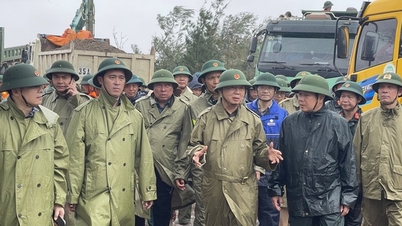
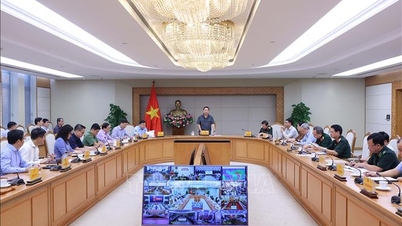



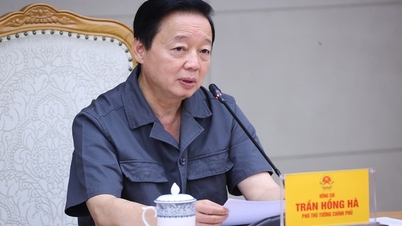

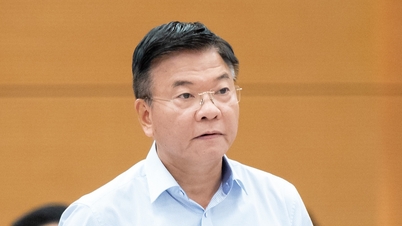



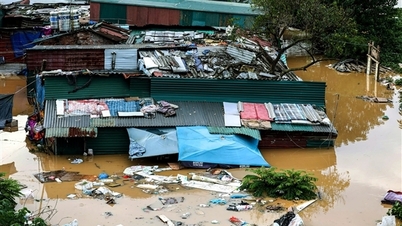


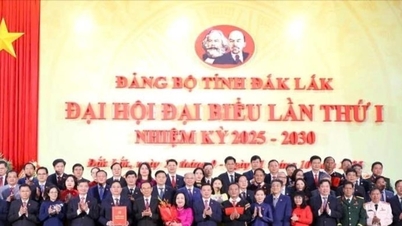


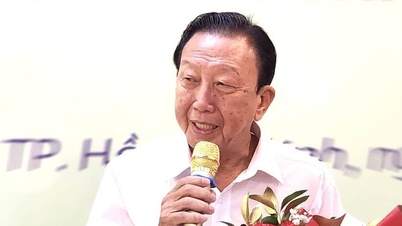





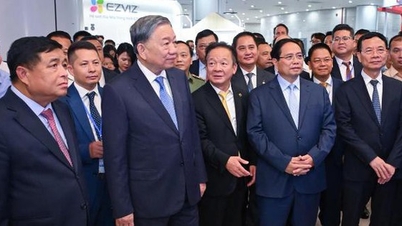
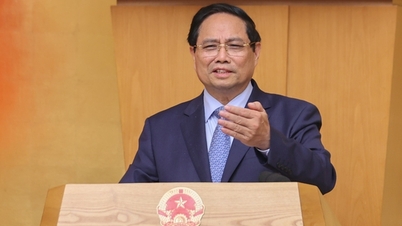
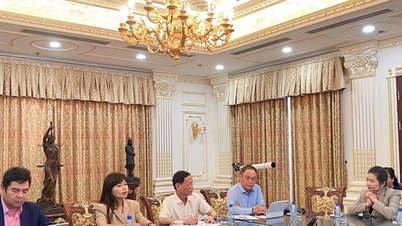
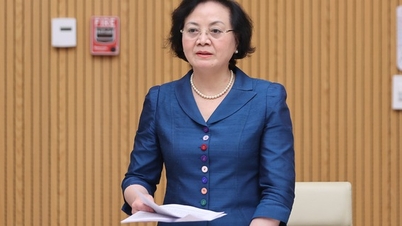

































































Comment (0)